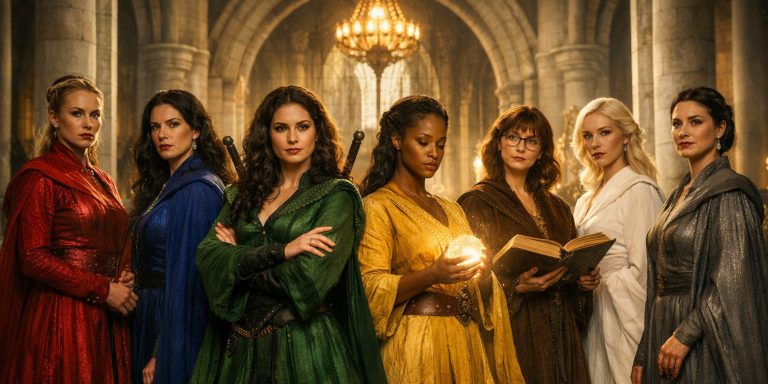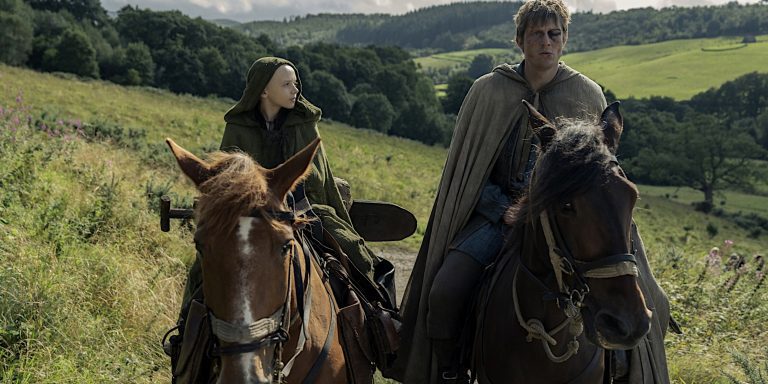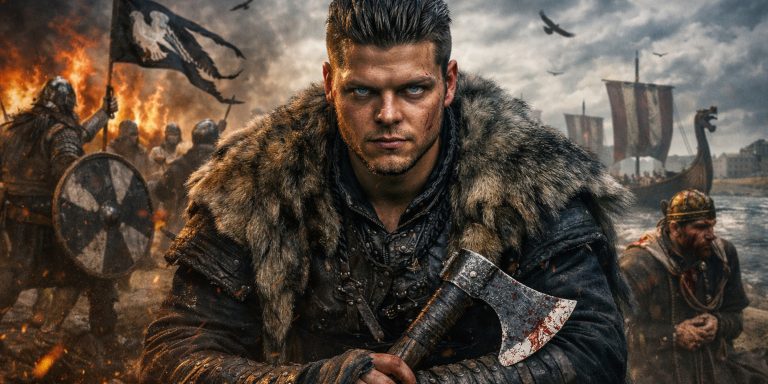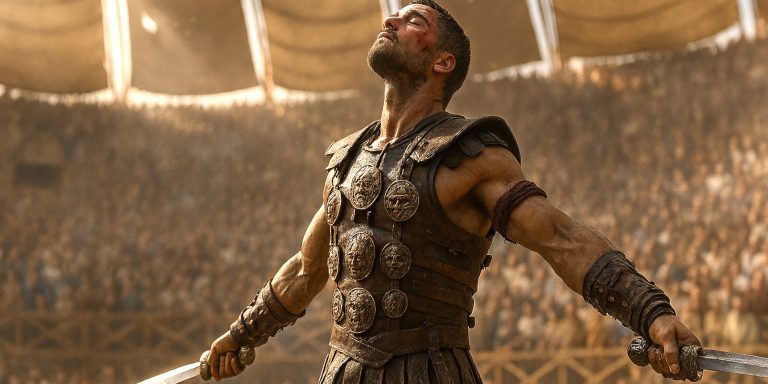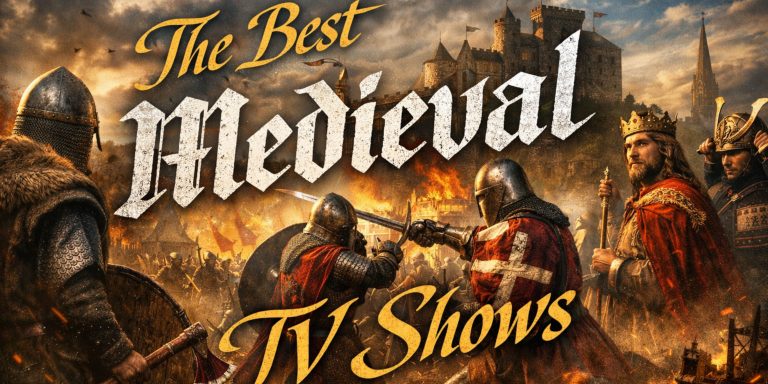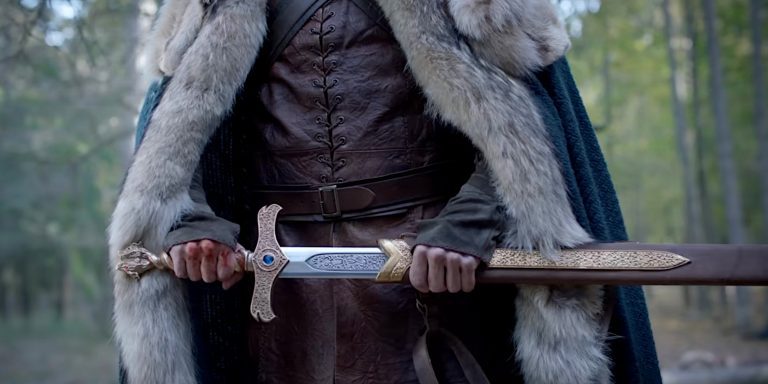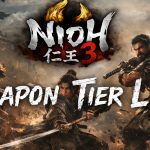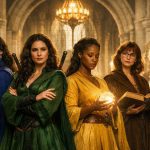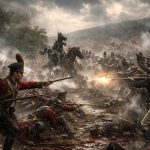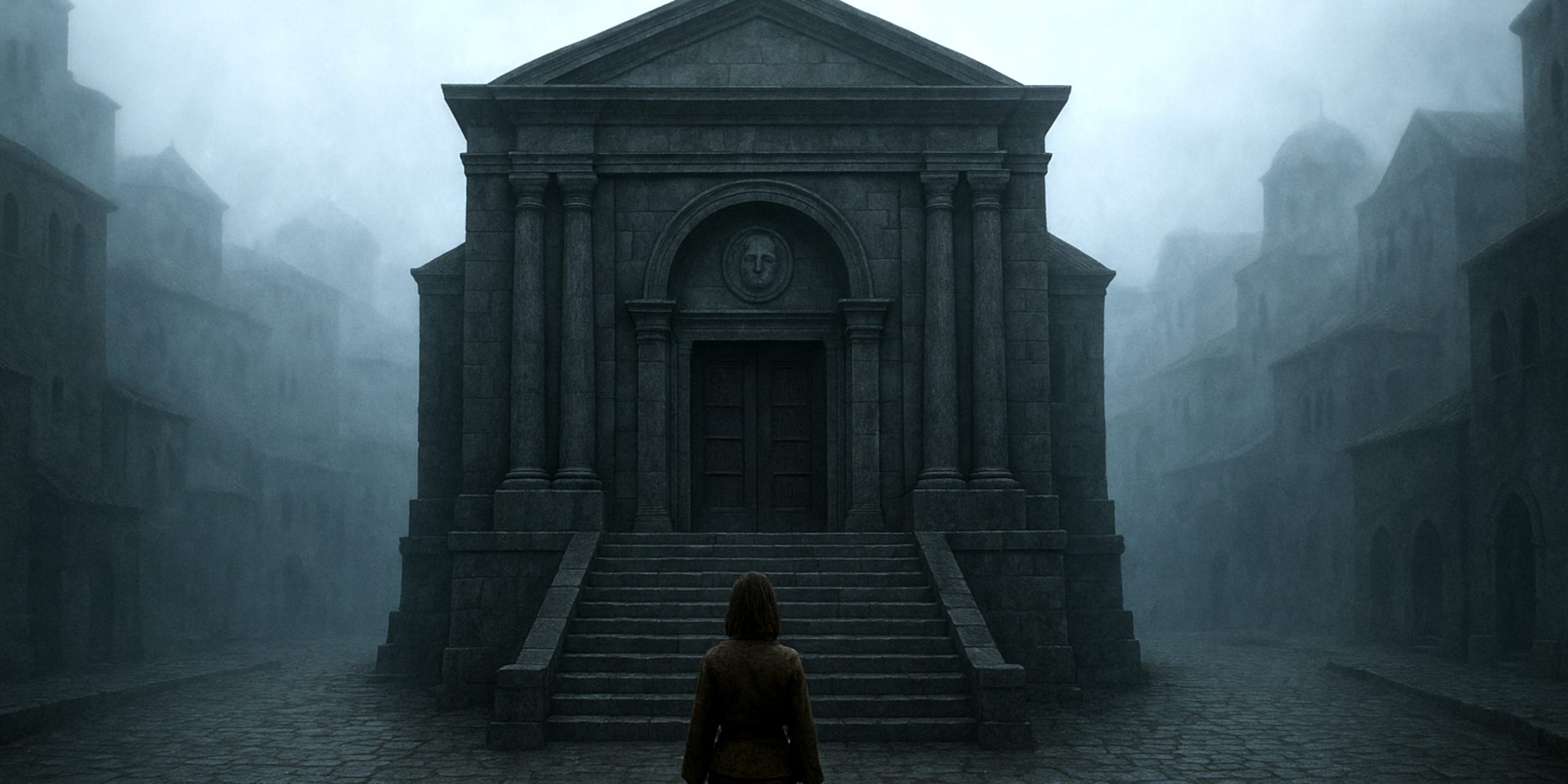
The Faceless Men are one of those elements in Game of Thrones that make you question everything you think you know about identity, morality, and even religion. They’re not your typical assassins. They don’t kill for money or revenge, at least not in the ordinary sense. They kill for the Many-Faced God, a concept that sounds terrifyingly poetic until you realise it basically means “death is for everyone.”
Let’s peel back the layers (quite literally) of this eerie guild and look at who the Faceless Men really are, what they believe, and what role they play in shaping both Arya Stark’s story and the larger world of A Song of Ice and Fire.
Who Are the Faceless Men?
The Faceless Men are a secretive order of assassins based in the Free City of Braavos, operating from the House of Black and White. They believe in serving death as a gift to those who suffer or those whose time has come, and they do it with unnerving efficiency.
They’re not just skilled killers. They’re philosophers of death. To them, death isn’t cruel, it’s balance. The Many-Faced God, their deity, is said to be the same god all cultures worship under different names: the Stranger, the Lion of Night, the Black Goat, and so on. Essentially, every culture’s god of death is part of this same, grim pantheon.
Origins of the Faceless Men
The order began in the mines of Valyria before its fall. Slaves from all over the world worked there, praying to different gods for release. One of them, known only as the First Faceless Man, answered those prayers by granting the “gift of death” to the most tormented slave. This was seen as an act of mercy, not murder.
From that moment, he began offering the gift to others who asked for it, eventually forming the order that would later move to Braavos, far from Valyria’s oppressive past. Their temple, the House of Black and White, became a sanctuary for both the dying and the faithful.
The Philosophy: Death as a Gift
The Faceless Men see death not as an end, but as a release from suffering. They don’t choose who dies; they only act when someone prays for death or pays for it on another’s behalf. This might sound contradictory, but they’re strict about neutrality. They don’t kill out of emotion or for politics, they kill because the Many-Faced God wills it.
To become one of them, initiates must surrender everything, name, identity, even the idea of self. That’s why Arya Stark’s journey to become “no one” is so central. It’s not just a disguise game. It’s a test of ego, morality, and control.
Key Members Explained
The First Faceless Man
The mysterious founder of the order. His identity is unknown, but his philosophy shaped everything the guild became. He was once a slave in Valyria, and his compassion (or twisted mercy, depending on how you see it) turned into a religion of death.
Jaqen H’ghar
The most well-known Faceless Man in the show and easily one of the most charismatic characters in the series. He helps Arya escape Harrenhal and later trains her in Braavos. Whether “Jaqen H’ghar” is his real identity or just another mask is impossible to know, and that’s exactly the point.
He’s a teacher, manipulator, and test, pushing Arya to understand the nature of selflessness while still hinting that identity is something she can’t truly discard.
The Waif
A more antagonistic member of the order who becomes Arya’s rival during training. The Waif has given up her name and past, but unlike Arya, she seems to have embraced cruelty. Their conflict becomes a symbolic struggle between losing oneself completely and keeping one’s humanity.
Arya Stark (Briefly)
Arya’s time as a Faceless trainee shapes her worldview, but she never fully becomes “no one.” Instead, she takes what she learns, stealth, assassination, disguise, and uses it to serve her own justice. In the end, she merges Stark loyalty with Faceless skill, which is kind of poetic.
The Faces Themselves
The literal “faces” in the House of Black and White are harvested from the dead and used by the Faceless Men to disguise themselves. The process isn’t explained in detail (thankfully), but it’s implied there’s some magic involved. When Arya uses a face, her body also changes shape, suggesting the masks are imbued with deep sorcery.
Each face represents a death, a life given to the Many-Faced God, and a reminder that every identity is temporary.
How They Choose Their Targets
Clients can pay the Faceless Men in gold, secrets, or favours, but only if the target’s death aligns with their doctrine. They don’t assassinate for convenience. If the death doesn’t serve the Many-Faced God, the contract is rejected.
This balance between religion and commerce makes them both terrifying and strangely noble. In a world obsessed with power, they’re one of the few groups that claim to serve something higher.
The Faceless Men in Arya’s Story
Arya’s training in Braavos is one of the most divisive parts of Game of Thrones. Some fans found it slow, others found it haunting. But it’s essential to her evolution. The lessons she learns, detachment, patience, observation, are what allow her to survive and later take down enemies like Walder Frey.
Still, Arya doesn’t end her story as a Faceless assassin. She leaves Braavos with her name, her face, and her purpose intact. In a way, she becomes the best of both worlds: a killer with conscience and control.
The Broader Meaning
The Faceless Men symbolise a kind of spiritual minimalism in a world full of greed and ego. They strip away identity to find truth in death. But the irony is, their very existence proves how much identity still matters. They can wear any face, but they can never truly be “no one”, not entirely.
It’s this tension between anonymity and selfhood that makes them so fascinating. They’re not villains, not heroes, just instruments of inevitability.
Legacy and Theories
Many fans believe the Faceless Men had a hand in Valyria’s Doom, seeing it as a divine purge against the hubris of dragonlords. It’s not confirmed, but the idea fits their pattern, ending lives when the balance tips too far.
Others suggest that Jaqen’s appearance in Westeros hints at the order’s hidden involvement in political events far beyond Braavos. If true, it makes them one of the most quietly influential forces in the entire world of Game of Thrones.
The Seven Swords Takeaway
The Faceless Men remain one of Game of Thrones’ most mysterious creations, part assassin’s guild, part religious cult, part existential nightmare. They challenge what it means to be human and what it means to live without identity.
And yet, perhaps the greatest irony of all is that the person who learns most from them, Arya Stark, ends up proving that some faces are worth keeping.

